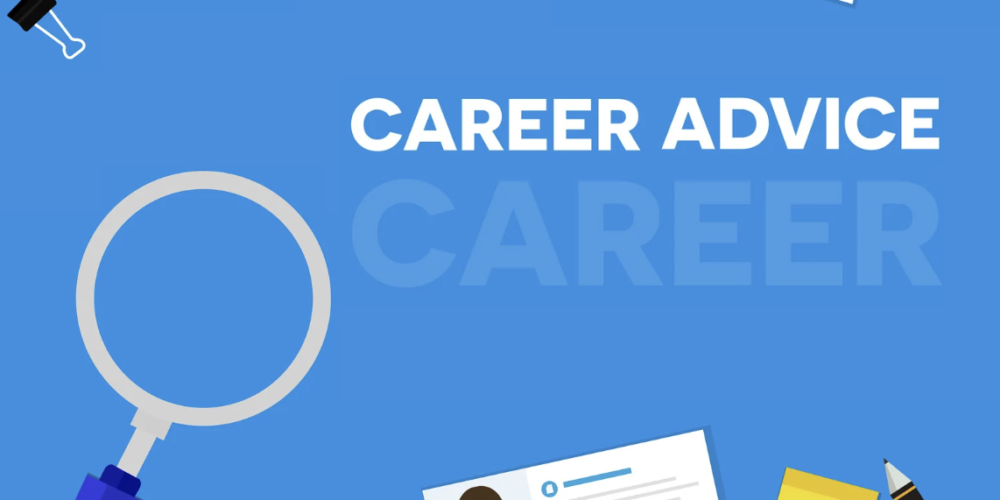How to stay motivated when job hunting
- 29/08/2023
- Debbie Mendoza
- Career Advice
No one warns you how hard it can be to handle a long job hunt. Rejections hurt, positivity slowly drains away and it becomes hard to have fun without feeling guilty that you’re not at home applying for jobs.
Sophie Phillipson, co-founder of student and graduate support site HelloGrads, gives her top tips on how to stay positive when searching for work:
Changes to help your head
The Greek philosopher Epictetus said: “There is only one way to happiness and that is to cease worrying about things which are beyond the power of our will.” In short, don’t waste your time worrying about what you cannot change.
You can’t alter a job application once it’s been sent or re-do an interview or change the state of the economy so focus instead on what you can control, like improving your CV, being punctual for job interviews, phone calls and meetings with recruiters, chasing feedback and making time to research companies and industries. This will give you the best possible chance of finding work faster.
If you find yourself shying away from social situations because you can’t face friends and family asking ‘how’s the job hunt going?’, it’s time to start looking at these events with fresh eyes. Frustrating as they may be, people genuinely care, so why not let them help?
One of the best responses you can give to this question is: “Good thanks, but do you happen to know anyone who’s a civil engineer / digital marketer / nutritionist and who might be willing to talk to me about their job?”. This way you will either end the conversation or get something out of the exchange – and you’ll give people who want to help the opportunity to do so.
Changes to your approach
You need to structure your day, or that initial feeling of freedom can quickly turn into apathy and disconnectedness.
Treat your job hunt like a job. Set your alarm in the morning, get showered and dressed and take a walk before you start work for the day.
Try setting one main achievable goal for the day, so you feel like each day has had value and aim to finish by 5pm, so you have the evening to do something you enjoy or spend time with people who make you happy. By designating time to unwind you’re less likely to feel guilty about it.
When it comes to applications, think ‘quality over quantity’. Some people hurl out dozens of CVs while others are waiting it out for their dream job to come up (somewhere in the middle is best!). Whatever your approach, always include a cover email. No cover letter is a red flag to companies who will know you’re CV spamming and that you have not spent any time or effort tailoring your application for the role.
Many employers will delete all CV-only applications because – and this is especially true for entry-level roles – they tell them very little about the applicant and it screams of laziness. Also, a cover email says a lot more about your personality than a list of work experience, so you need both.
And while we’re here…
The most common thing to hear from a prospective employer is nothing at all, and getting feedback is rare, though much more likely if you’ve attended an interview. Many chalk this up to time constraints but giving written feedback can also land employers in hot water if it is worded in a way that could be perceived as discriminatory. Don’t let that stop you from asking though. If you really wanted that role and think you interviewed well, send an email along and you might just get a tip that will get the job next time.
LinkedIn is an incredibly valuable tool for finding and making connections in your industry. If you manage to connect with someone interesting, don’t just email them your CV or ask them about vacancies, ask if you can buy them a coffee near their workplace and find out more. Talk to them about their career, how they got into it and use the opportunity to learn while gently selling your skills and personality. This is about learning rather than getting. Networking is a long play, not a hard sell.
Sophie Phillipson is the co-founder of HelloGrads, which she started with her mum Julie when they realised the extent of the problem today’s students face on leaving university.
The mismatch between the growing graduate population and the availability of graduate-level jobs, student loans, an unaffordable rental market, and a lack of financial know-how can make the transition into the real world feel really overwhelming.
HelloGrads eases the transition from academia, with life skills, tips and shared experiences from grads and experts in-the-know. Covering personal finance, careers, renting, mental health, and more, it’s for anyone who feels underprepared for life after university.






